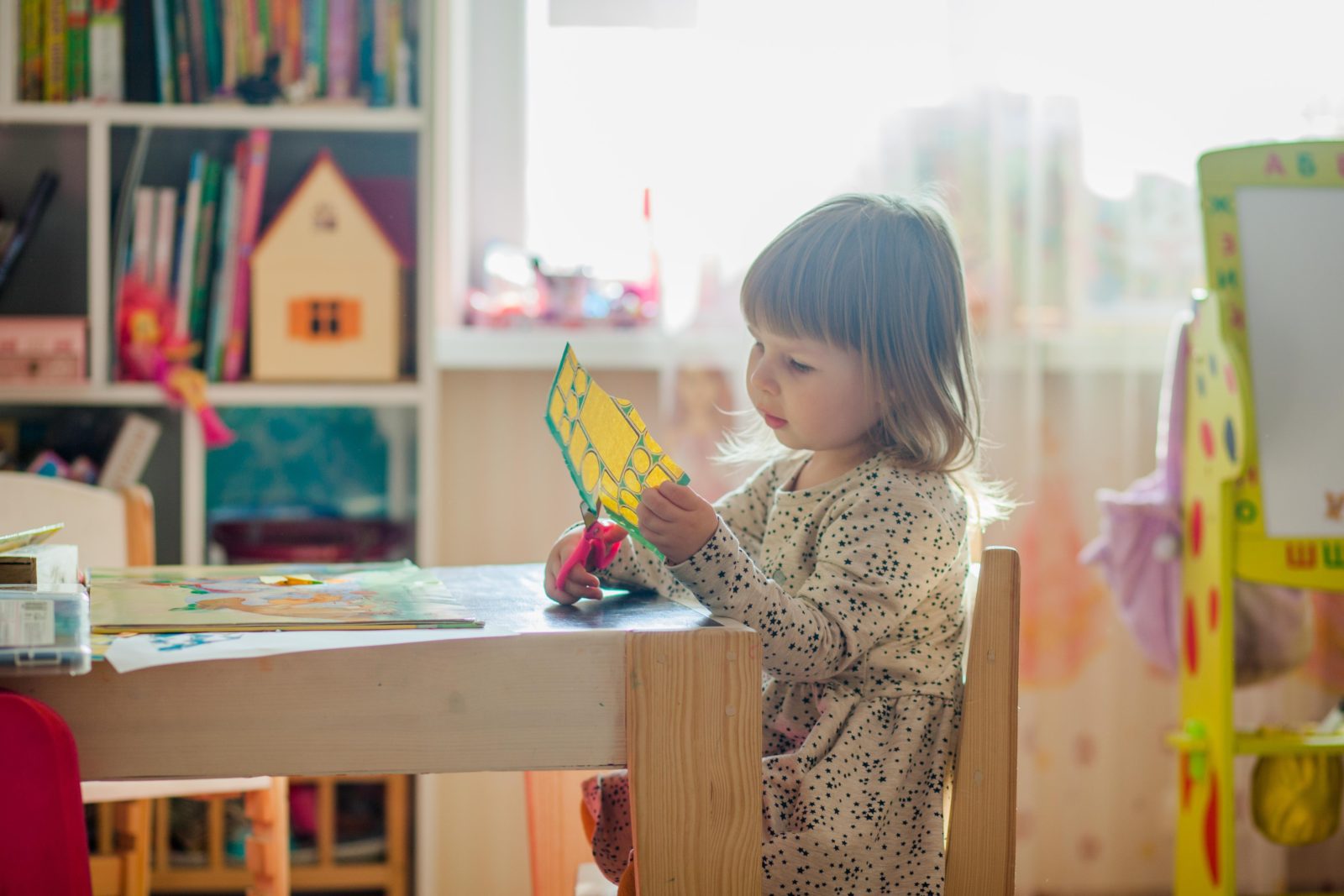In the Czech Republic, there are strict rules in place for kindergartens to ensure quality care for young children. However, children’s groups are held to different standards, with less stringent requirements for food, no obligation to educate children, and less strict hygiene rules.
The Ministry of Labor oversees children’s groups and has only checked 23 groups for quality care since 2021. In contrast, the Czech School Inspectorate inspects hundreds of kindergartens each year.
While the Ministry of Labor has identified almost 1,500 registered children’s groups with a total capacity of over 20,000 places, they are currently preparing a new law that would allow even more informal care, known as neighborly care or micro-groups of up to four children that can be run at people’s homes. This new law could potentially increase the number of unregulated children’s groups and raise concerns about the quality of care.
The State Labor Inspection and the Regional Hygiene Stations perform the inspections for children’s groups. The Regional Hygiene Stations monitor the operations and personnel’s health suitability. However, the reviews are methodical and only provide recommendations for further service development. There is no legal obligation to follow these recommendations.
The Central School Inspectorate oversees 5,349 schools, including 425 private ones, with hundreds of annual inspections conducted. In the 2020/2021 school year, they performed 327 inspections, followed by 761 the following year. So far, in 2023, they have conducted over 400 checks in kindergartens, with more to come.
The difference in inspections and regulations between kindergartens and children’s groups raises concerns about the quality of care provided to young children. With the new law allowing for more informal care, ensuring these groups are held to the same standards as kindergartens are essential. The well-being and safety of young children should be a top priority for all childcare providers, whether formal or informal.






